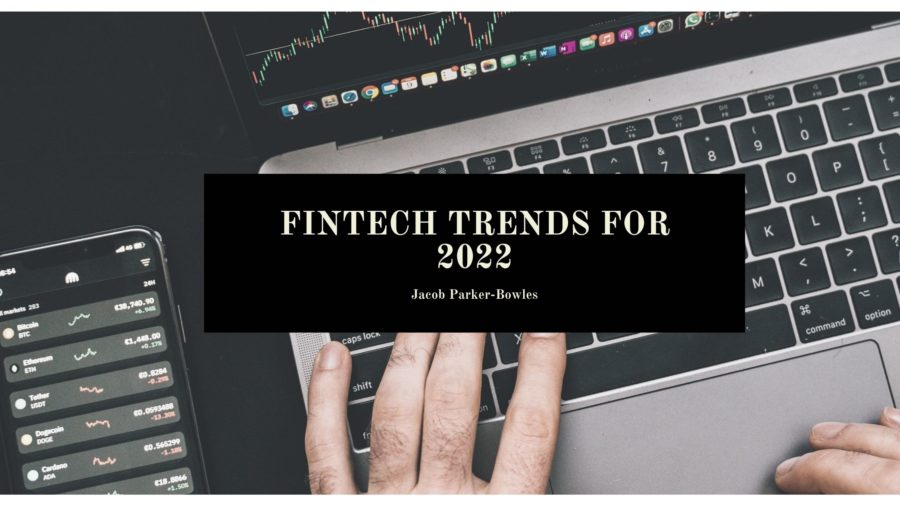Financial technology, also known as fintech, is the implementation of technology in the financial industry. The purpose is to improve the ways that financial services are created and delivered to consumers. Technology has also increased the availability of financial services, such as loans and investments, to every member of the public. There are several methods recommended to become more knowledgeable about the emerging field of fintech.
Improve basic skills in finance
Someone who knows nothing about finance cannot expect to become a fintech expert. The first step is to develop a basic knowledge of finance in a diverse range of topics from stocks to lending.
Learn the different sectors of fintech
Once the basics of the financial industry are learned, the next step is to learn about key fintech sectors. The most well-known areas include online payment systems, blockchain, digital lending and digital wealth management. Since millions of shoppers are buying their products and services online, the use of online payment systems has exploded in the past decade.
Blockchain technology has become more advanced as people exchange vast amounts of private information over the Web. It is commonly used in cryptocurrency to conduct financial transactions without increasing the risks of fraud.
Enroll in short-term courses
A short-term course is designed to advance a learner’s skills in every major fintech topic from blockchain to Python programming. A course also gives a beginner firsthand access to experienced fintech professionals. Students can receive hands-on training in the field and start building their financial portfolios.
Review fintech websites
It’s recommended that starter and experienced fintech professionals begin to track financial trends and statistics carefully. Every day or once a week, they should review websites that contain the latest news about financial technology. There are numerous blogs, sites and newsletters that provide regular updates.
The years 2000 from 2021 saw massive changes in the ways that consumers use financial services. Many individuals and business owners had no choice but to use online banking to transfer funds and perform daily financial tasks. Financial consumers are becoming more interested in using machine learning and artificial intelligence. In addition, fintech sector is constantly expanding to include new technology areas and skills. So, becoming a master in fintech starts with a solid foundation based on basic professional skills and knowledge.


